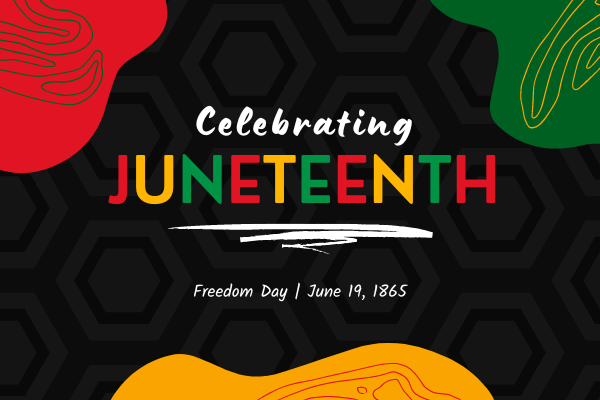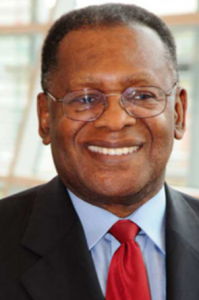
My name is Lyle Quasim. I have lived in Pierce County since 1967. I worked for Pierce County as the Chief of Staff for the Pierce County Executive from 2001-2009. I appreciate the opportunity to be this week’s guest blogger providing my comments about Juneteenth.
On June 19, 1865, the enslavement of Black African Americans officially ended in Galveston, Texas, two years after President Lincoln signed the Emancipation Proclamation.
In recognition of the signing of the Emancipation Proclamation and the official end of slavery, Juneteenth became a holiday established by the Federal Government, the State of Washington and Pierce County in 2021. Juneteenth commemorates the end of the enslavement of Black African Americans in the United States. Juneteenth is also referred to as Emancipation Day and Juneteenth Independence Day. The name Juneteenth references the date of the holiday, combining the words “June” and “nineteenth.”
Juneteenth also commemorates the struggle by Black African Americans against enslavement and is a celebration of a declaration of freedom. Despite the official end of enslavement, structural, institutional and personal racism has prevented diversity, equity, inclusion and justice to be the reality of Black African American life. Therefore, every effort to acknowledge the inhumanity of slavery and build narratives that affirm the changes that must occur to achieve a truly inclusive America are progressive steps in the correct direction.
As members of the Pierce County community, we have the opportunity to engage in concrete practices on this national, state and county day of recognition. Let’s take this day to begin or continue conversations about Juneteenth, research our county history about race, look for Juneteenth events to attend, engage your faith and civic organizations about ways to explore diversity, equity, inclusion and justice, or take an hour to begin reflections with your family and/or those persons closest to you.
To help make our communities places of introspection, tolerance and places that respect the dignity of all who reside here: “Do what you can, where you are, with what you have, as long as you can.”
Lyle Quasim
Lyle Quasim is a revered and respected leader in the Black African American community. Among his many areas of service in the County, Lyle was a member of the 2020 Census Core Complete Count Committee, and the CARES Act Recovery Steering Committee.

